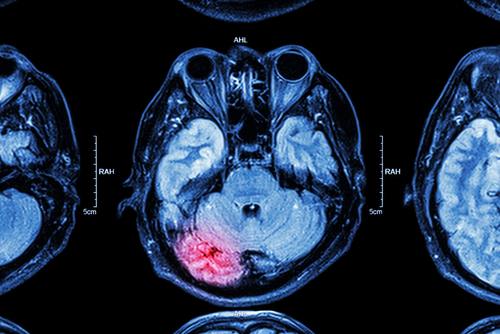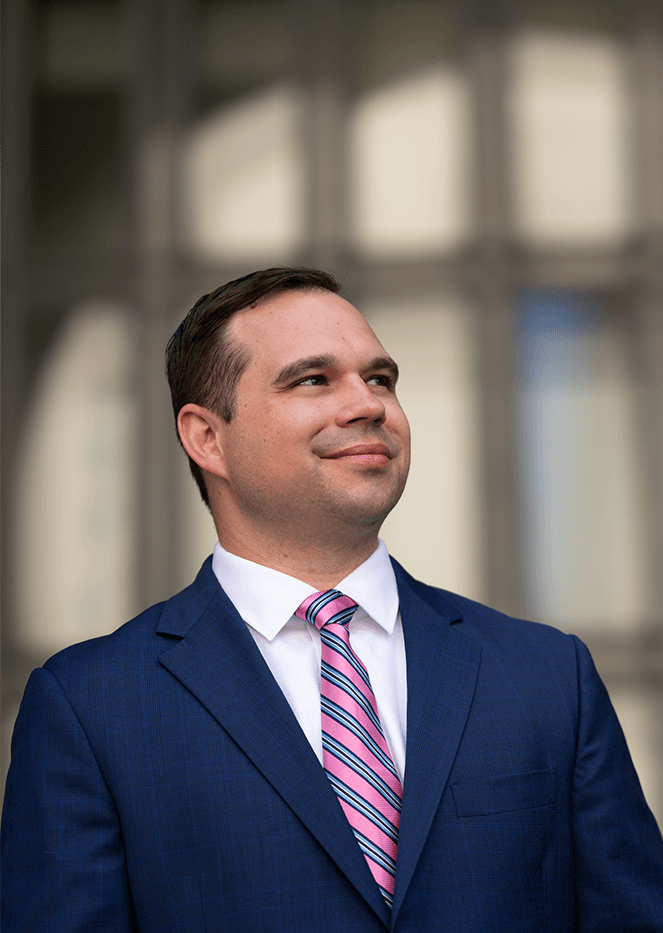
Despite many recent advancements in medical science, victims of brain injuries still frequently fail to have their injuries properly diagnosed, especially when they go to the emergency room for treatment. Unfortunately, because most people go to the emergency room after being involved in an accident, an undiagnosed brain injury can be a serious issue for an individual, who may not see another doctor for a second opinion or follow-up treatment. This can lead to the worsening of a brain injury due to the lack of treatment.
Why Do ERs Fail to Diagnose Brain Injuries?
Studies have found that as many as half of people who present at the emergency room with a concussion or mild brain injury do not have their injury properly diagnosed. Emergency room staff have difficulty properly identifying brain injuries because of:
- The hectic environment of emergency rooms means that doctors and staff can easily miss signs or symptoms of a brain injury in a patient
- Patient examinations and CT scans often are not sensitive enough to diagnose all types of traumatic brain injuries.
- Symptoms of brain injuries may not be experienced by a patient for days or even weeks after initially sustaining an injury
- Emergency rooms often do not follow up with patients after they have been discharged, meaning that patients may accept a lack of diagnosis
Symptoms of a Traumatic Brain Injury
Patients should always seek medical attention if they experience any symptoms of a traumatic brain injury following an accident, even if they have been to the emergency room and been given a clean bill of health. Examples of common symptoms of TBIs include:
- Loss of consciousness
- Feeling dazed, confused, or disoriented
- Dizziness
- Headache
- Nausea or vomiting
- Fatigue or drowsiness
- Difficulty falling asleep, or sleeping more than usual
- Blurred vision, ringing in the ears, or a bad taste in the mouth
- Memory or concentration problems
- Mood changes or swings
Symptoms of a more serious TBI may include:
- Persistent or worsening headaches
- Persistent nausea and repeated vomiting
- Convulsions or seizures
- Dilated pupils
- Clear fluids draining from the ears or nose
- Weakness or numbness in fingers and toes
- Balance or coordination problems
- Profound confusion
- Slurred speech
- Agitation or other unusual behaviors
What Can You Recover If the ER Failed to Diagnose Your Brain Injury?
If an emergency room failed to diagnose a brain injury that you suffered due to negligent care, such as failing to perform a full physical, not ordering CT scans or MRIs or another laboratory testing, or not following up with you after your discharge to see if your symptoms have persisted or worsened, you may be entitled to recover compensation for the harm you have suffered due to emergency room malpractice. A medical malpractice claim may entitle you to compensation for:
- Costs of additional medical treatment required due to the failure to promptly diagnose your brain injury
- Loss of wages or income if you miss time from work to treat a worsened brain injury
- Loss of earning capacity if you sustain permanent disabilities due to an undiagnosed brain injury
- Pain and suffering
- Loss of quality of life due to disabilities or reduced life expectancy because of your brain injury
Contact A Medical Malpractice Attorney for a Consultation About Your ER Malpractice Case in Pennsylvania
Were you or a loved one injured due to ER malpractice in Pennsylvania? Then you need to talk to an experienced medical malpractice lawyer as soon as possible for guidance on how to proceed. The Philadelphia ER malpractice attorneys at Baldwin Matzus, LLC are prepared to assist you with your legal claim. We represent victims of negligent surgeons, doctors, nurses, and pharmacists throughout Pennsylvania, including Butler, Cranberry Township, Greensburg, and Washington. Call us today at (866) 858-2276 or fill out our online contact form to schedule a consultation. Our main office is located at 310 Grant St., Suite 3210, Philadelphia, PA 15219.
The articles on this blog are for informative purposes only and are no substitute for legal advice or an attorney-client relationship. If you are seeking legal advice, please contact our law firm directly.

















